The University of Chicago Press, Chicago 60637
The University of Chicago Press, Ltd., London
2016 by The University of Chicago
All rights reserved. Published 2016.
Printed in the United States of America
25 24 23 22 21 20 19 18 17 16 1 2 3 4 5
ISBN-13: 978-0-226-40255-0 (cloth)
ISBN-13: 978-0-226-40269-7 (paper)
ISBN-13: 978-0-226-40272-7 (e-book)
DOI: 10.7208/chicago/9780226402727.001.0001
Library of Congress Cataloging-in-Publication Data
Names: Pacewicz, Josh, author.
Title: Partisans and partners : the politics of the post-Keynesian society / Josh Pacewicz.
Description: Chicago ; London : The University of Chicago Press, 2016. | Includes bibliographical references and index.
Identifiers: LCCN 2016011296| ISBN 9780226402550 (cloth : alk. paper) | ISBN 9780226402697 (pbk. : alk. paper) | ISBN 9780226402727 (e-book)
Subjects: LCSH: Political partiesUnited States. | United StatesPolitics and government20th century. | United StatesPolitics and government21st century. | Keynesian economics.
Classification: LCC JK2265 .P23 201?6 | DDC 324.273dc23 LC record available at http://lccn.loc.gov/2016011296

This paper meets the requirements of ANSI/NISO Z39.48-1992 (Permanence of Paper).
Even a casual observer of American politics will have noticed that the two parties are more bitterly divided than ever. Legislatures are paralyzed by do-or-die parliamentary maneuvers, party primaries favor the most ideologically pure candidates, political sound and fury animates TV and the Internet, and hyperpartisan intraparty coalitions like the Tea Party caucus set the tenor of public debate.
But while the two parties have drawn farther apart, most Americans have notin fact, just the opposite. It is true that that each partys base supporters, those with consistently conservative or liberal views, identify more strongly with their party than comparable voters in the past and are also more likely to vote, volunteer for a political campaign, and even view the opposing party as a threat to the nations wellbeing. Although this second trend may be quieter than the first, it represents an equally fundamental shift in American political culture. Anyone who has talked politics with a range of people knows that the term apolitical does not even begin to describe the unaffiliated. Particularly younger Americans are often downright antipolitical, which is to say that they believe that politics itself, not particular parties or candidates, is the problem.
This contrast between ideologically charged party leaders and other Americans mistrust of party politics is apparent when one compares political attitudes across generations. During the 2008 election, for example, Weve got to get all the moneyed people out of politics, she told me, get some Democrats in there who will stand up for working people.
What struck me about Mary was not her political conviction per se, but rather how self-evident it appeared to her. People like Mary spoke as if politics were woven into the very fabric of daily life. Their political identification frequently piggybacked on seemingly apolitical local distinctions: they talked of blue-collar or unionized jobs as Democratic, contrasted charities that service lower-income people with the Republican service clubs of the well-to-do, and viewed the affluent hilltop neighborhood once inhabited by their citys business magnates as a Republican neighborhood. And things were no different among the older residents of this Republican hilltop. There I spoke with Donna, who was about the same age as Mary. The Democrats are for those who dont want to work hard, Donna said, The Republicans want to help those who are willing to get it for themselves. For Donna, Republicans represented business, education, decorum, and a particular brand of civic-minded noblesse oblige.
While political identity seemed intuitive to Donna and Mary, many younger people found politics confusing and off-putting. One such person was Joni, a twenty-something office worker who lived three houses down from Mary. Maybe before people said, Republicans are the party of rich white men who carry Bibles in their pockets and are this, this, and this, Joni said, delineating fixed issue positions in the air with her hands. But nobody thinks exactly one way anymore. Everything and everybody is just so mixed and with politics you are either in or you are outit seems so artificial to me. Who could say that [politicians] should believe in just one value, vote in this one way? I dont really think that exists anymore. Well, Joni paused for a second, contemplating. Maybe like reaaallllyy old people [think that].
The striking thing about people like Joni was that politics seemed to clash with their commonsense understanding of how people solve their
Herein lies the puzzle at the center of this book: Americas political parties and politicians have parted company with American voters, becoming more divided and partisan as most Americans have grown distrustful of partisan conflict and party politics in general. This apparent contradiction is equally confounding to many political scientists, who model elections like an economic transaction: politicians sell their policy positions to as many people as possible, who buy them with their vote. For example, one popular voting modelthe median voter theorempredicts that when only two political parties are credible, politicians should converge on the preferences of their electoral districts most ideologically median voter, which suggests that American politicians should follow voters and become less, not more, partisan.
To illustrate this grassroots shift, I turn to River City and Prairieville, two unremarkable Rust Belt cities, quirky and idiosyncratic in their ways, but nevertheless with an important story to tell us about American politics.
It was later, as I struggled to account for River Citys and Prairievilles public transformations, that I realized that their stories were not uniquely their own. This book will show that River Citys and Prairievilles public transformation was set in motion by 1970s- and 80s-era federal reforms, which ended the protective regulations that once sheltered the cities economic institutions and cut off the large, discretionary federal transfers that community leaders had once fought over. In the hypercompetitive environment that followed, community leaders who partnered to market their cities reigned supreme, but not without adopting public personae that proved incompatible with the partisan commitments of their predecessors. The end of Americas commitment to Keynesian statecraft reverberated through River City and Prairieville, upended the status system that once characterized their public life, severed traditional ties between community governance and partisan politics, and created the binary community-politics opposition that younger River Citians and Prairievillers increasingly take for granted. Theirs is the story of the post-Keynesian society, and of the tension between political avoidance and political extremism that is inherent to the organization of its political institutions.

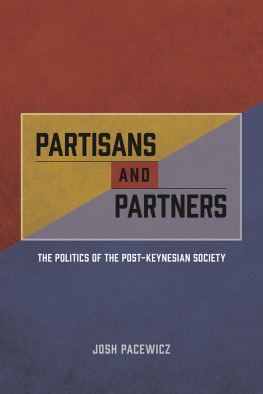

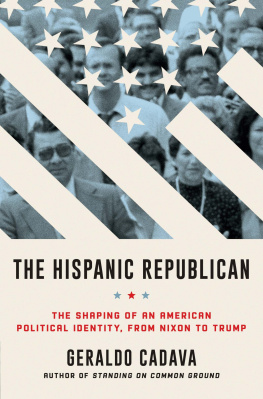
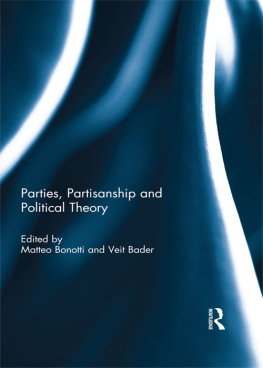
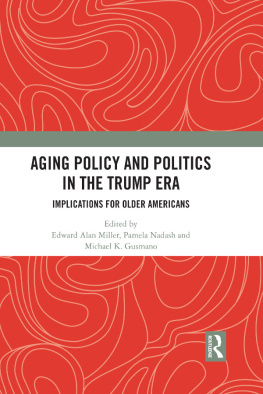
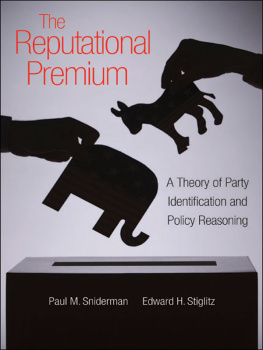

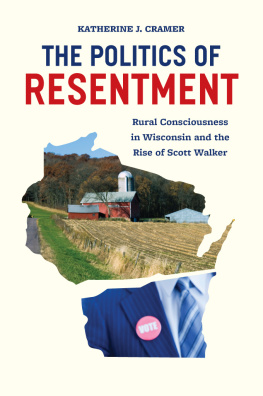

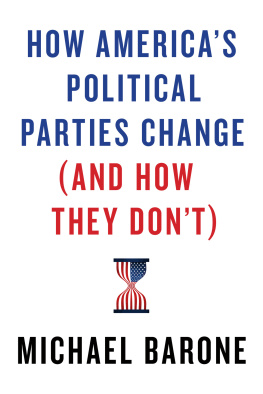
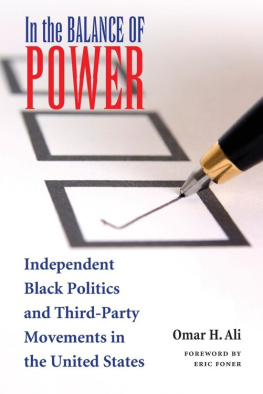
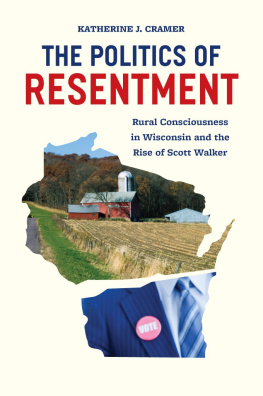
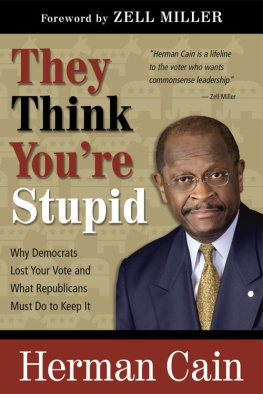
 This paper meets the requirements of ANSI/NISO Z39.48-1992 (Permanence of Paper).
This paper meets the requirements of ANSI/NISO Z39.48-1992 (Permanence of Paper).